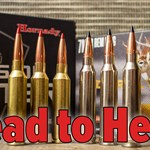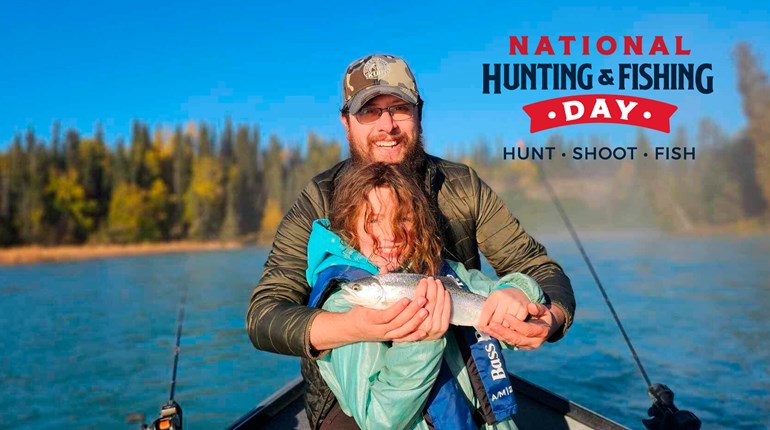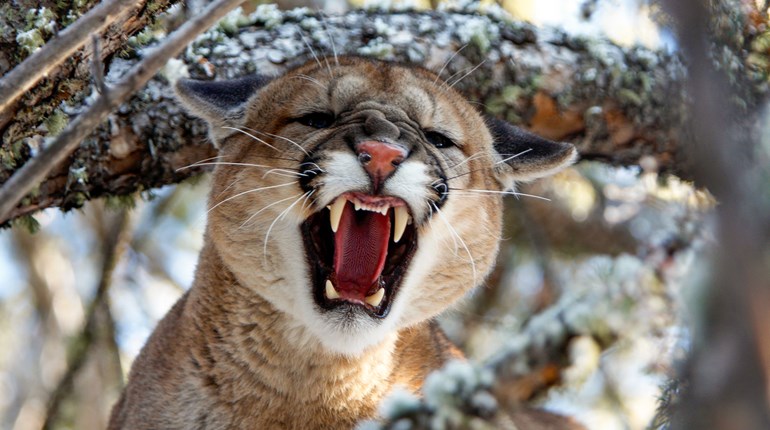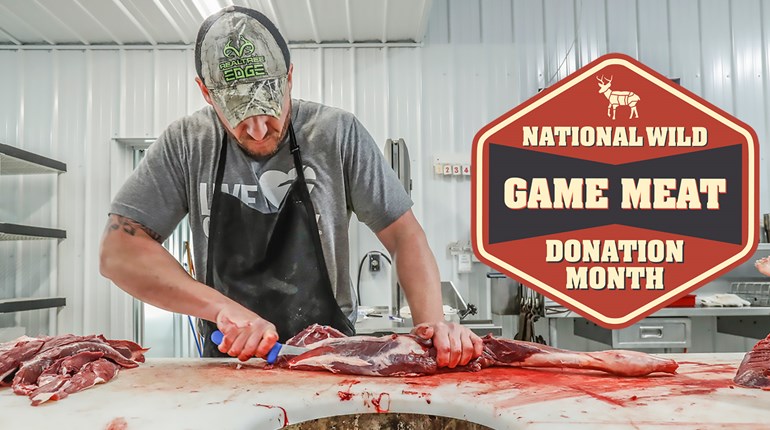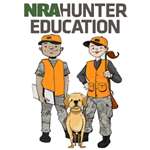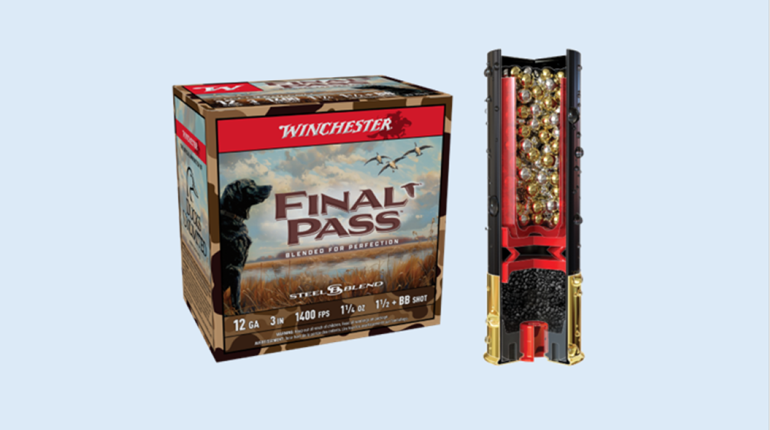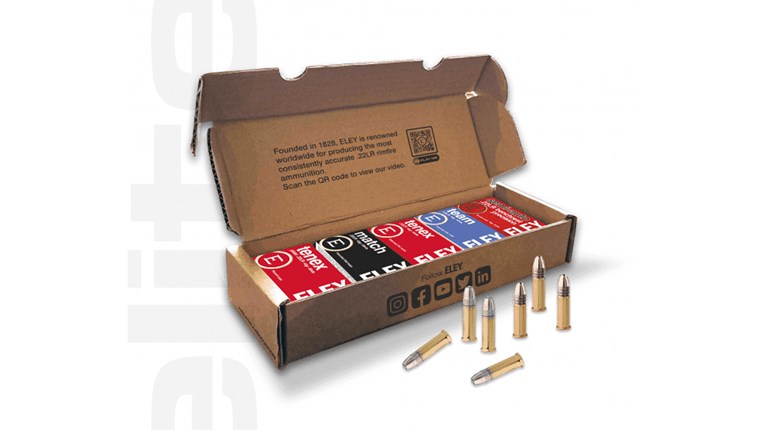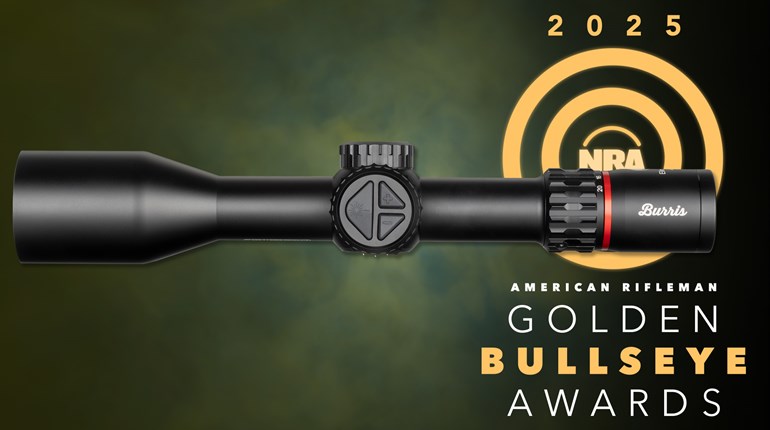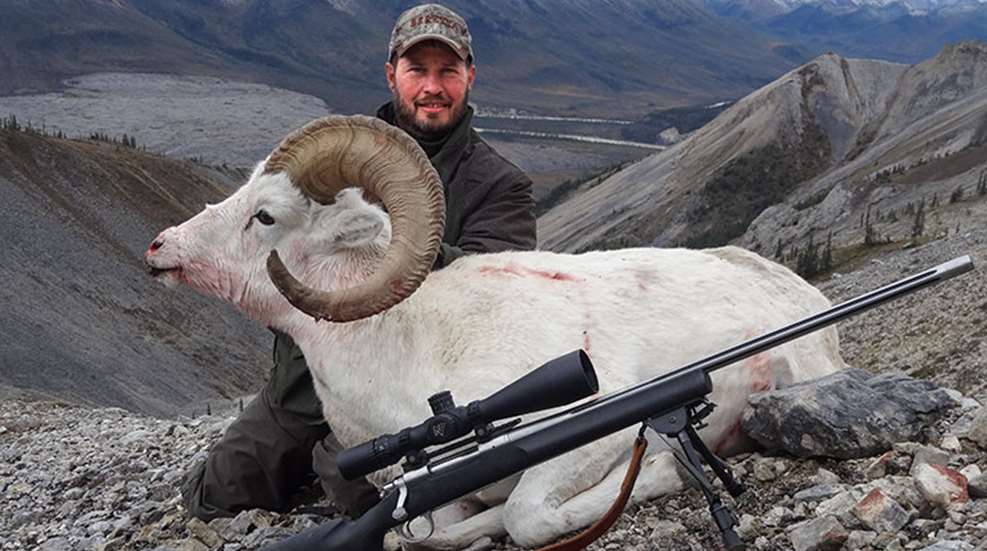
When you’re an author and you sit down to write a book, maybe you think of the narrative, voice and theme and all that English-major jargon, but when you’ve spent your career as a Green Beret, a warrior quietly fighting for others, one who never thought about doing something as academic or even as egocentric as writing a book, you ask yourself, really ask yourself, why you are compelled to write.
Greg Stube, you see, doesn’t see himself as a hero and didn’t want to write a book casting himself that way. If he was going to write a book, it was going to be about something bigger than himself.
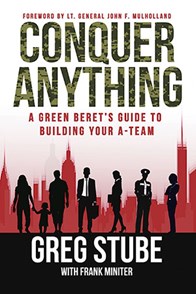 So after a year in the hospital recovering, and after years of telling his story and giving his hard-earned perspective to audiences first as the official spokesperson for the Green Berets, the first one they ever had, and then later as a retired soldier, Greg came to understand what was pushing him to tell his story. America, the country he nearly died fighting for, was losing its way for a fundamental reason: We are losing reality checks on our culture.
So after a year in the hospital recovering, and after years of telling his story and giving his hard-earned perspective to audiences first as the official spokesperson for the Green Berets, the first one they ever had, and then later as a retired soldier, Greg came to understand what was pushing him to tell his story. America, the country he nearly died fighting for, was losing its way for a fundamental reason: We are losing reality checks on our culture.
That’s when he began to write Conquer Anything—A Green Beret’s Guide to Building Your A-Team.
“Achieving our goals as people and as a nation,” says Stube, “comes down to grounding ourselves in reality, in real learning experiences that improve us—things that have long made Americans exceptional. For me this began with hunting, as there really is no better way to start.”
Hunting is the Ultimate Real Experience
“I guess Nietzsche was right when he said ‘what doesn’t kill us makes us stronger,’” says Stube, “but I’m not even talking about the hard experiences and calamities and mistakes that teach us things in life. I’m talking about the structured methods we can use to become all we should be. Hunting is a great example.
“We are now raising generations of people who live largely in alternate realities of TV, video games and social media,” says Stube. “Hunting, in contrast, is real. The guns and bows we use are real. Learning to shoot safely requires us to be mature adults. The things we hunt are real flesh and blood, just as the things we eat are real whether people appreciate that or not. The natural world we deal with is real. We have to struggle and learn about the wild world, and through it about ourselves, to hunt well. When we have success in the field we become more confident and appreciative. Real love for nature comes from this deep understanding, as you can’t really love a thing until you understand it.”
Stube says he actually wasn’t allowed to have anything more than a pellet gun until he was 17 years old.
“This made me a better hunter,” says Stube. “My friends were all coming home with deer and pheasant, and I was just trying to use my pellet gun to get a rabbit. After an unbelievable amount of practice one day I made this running shot on a rabbit with that pellet gun. It took so much time shooting and so much stealth to achieve that goal, but then there it was, my reward. Later, when I finally got real guns, wow, could I shoot.”
After joining the Army and then overcoming the rigorous gauntlet to become a Green Beret, a part of an A-Team, he found that his shooting and hunting skills were a huge benefit.
“When I taught men to be Green Berets at the U.S. Army John F. Kennedy Special Warfare Center and School,” says Stube, “I found that I was in the business of making country boys. Those who didn’t grow up hunting and shooting were way behind. Just like any sport, those who start young have a tremendous advantage. Hunters also see terrain differently. Hunters are tuned in to the sounds and rhythm of the natural world. They are much more aware and don’t fear the unknown of the forest. They are in sync with what’s real and have already gone a long way in training to be safe with firearms.”
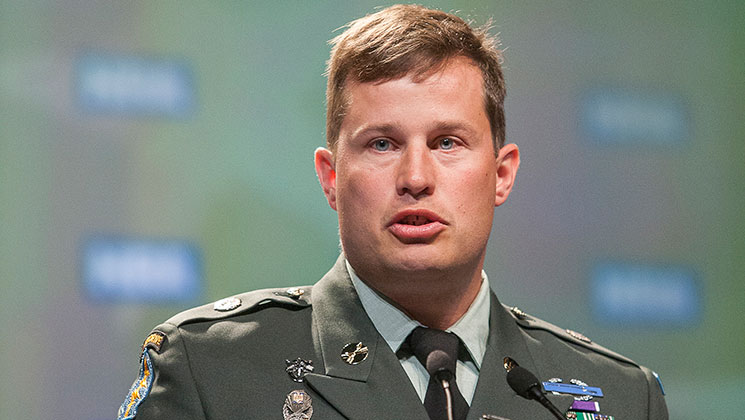
Hunting is About Life
Those who don’t hunt might view hunting as a want for the kill. “This is such a naïve way at looking at hunting,” says Stube. “Hunting is about appreciating life and taking part in the natural system of predator and prey. Hunting, when done legally and ethically, builds character.”
In this instant-gratification generation, hunting is something that grounds us and urges us to earn our own sustenance. “This makes more mature, ethical and effective people,” says Stube.
“Gun safety is also a lesson in reality,” says Stube. “In the Green Berets I found it’s safer to have a guy who grew up hunting. Others become safe, too, but it takes more time and training to get them there.”
Stube explains that the Army added “painful consequences” to Special Forces training to force people to fundamentally understand that what they are doing is real and that it will have consequences for them, their team and whomever they are fighting. “People spend a lot of time jacking with their weapons in combat,” says Stube. “People lose focus under pressure. What helps them most to overcome this is training—this is why hunting is such effective training, as it forces us to act under pressure.”
Hunting is real, a necessary ingredient to these surreal times. It’s a fundamental skill-set. Learning to build your own A-Teams to achieve what you want to in business and in life requires us to begin with these real fundamentals that build confidence, ethical actions and a real understanding of who we are. America has always been a practical country. This is a fundamental part of our strength. “We’re losing that today to political correctness,” says Stube, “and hunting is one casualty of that. The thing is, to be happy, good, honest and productive people we have to begin with what’s real.”
Hunting Saved Stube from Addiction
Even during the year Greg Stube spent healing in a burn unit in San Antonio, he would escape the smell and oversight from the always-vigilant nurses whenever he could. “If they knew what I was doing—a lot of hunting, for example—they’d never have let me out,” says Stube.
The thing is, as he healed, other battles had to be fought. “Realize that at the time I’d become addicted to pain meds,” says Stube. “We all do in that situation. It is human. I wanted to fight this physical need, this weakness, but it’s not easy to fight when you are flat on your back and still healing.”
He was still on the opioids months later when he was invited on a duck hunt in Texas. He was mostly in a wheelchair then, but they’d built this ramp out to a blind in the marsh. They rolled him out there before daylight.
That first morning Stube had many shots at decoying birds, but he kept missing. Here he was a Green Beret and lifelong sportsman with more shooting experience than most have in their lifetime and he couldn’t make passing shots on ducks. He knew why. The opioids were clouding his awareness and slowing his reactions.
The duck guide said, “Don’t worry about it. Just have fun.”
But this bothered Stube. That night he went back to his room and looked at the bottle of pain medication, a thing he’d come to rely on. He was afraid of what he would feel without those pills. But he couldn’t stand missing. He didn’t take the pills.
The next morning the pain was bad but not as horrible as he’d imagined. He had withdrawal symptoms for the addiction, but his mind was clear.
He was taken back out to the blind. The ducks came early and he started to shoot and to hit and hit.
“My mind was clear,” says Stube. “That morning, thanks to guns and hunting, I knew for the first time that I was going to be all right.”











